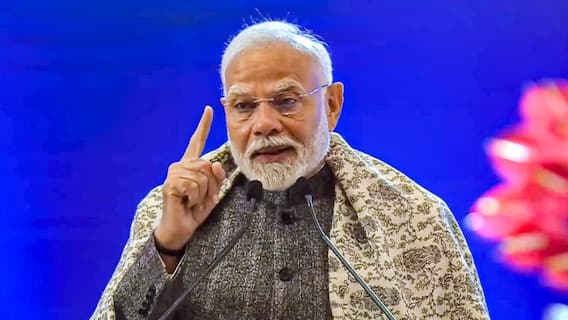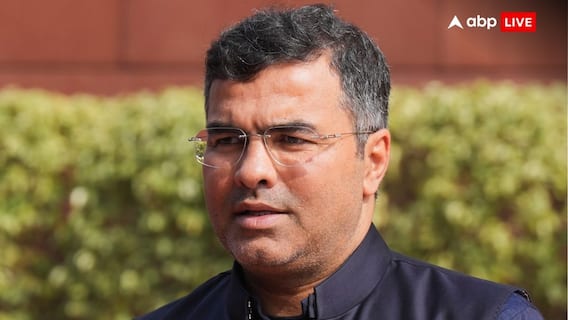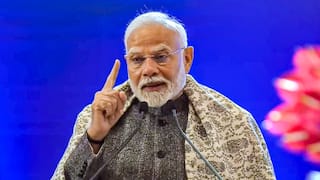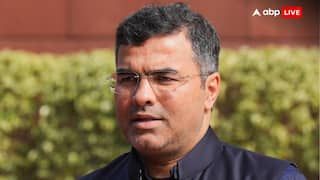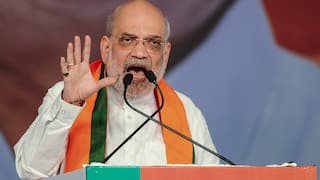Businesses Should Avoid Short-Term, Reward-Seeking Culture, Says RBI Governor Shaktikanta Das
Das, who was delivering a speech at an event, has said that the success of Indian businesses will depend on how quickly they are able to adapt to the new realities in the post-pandemic work

The Reserve Bank of India (RBI) Governor Shaktikanta Das on Thursday said businesses should avoid having an aggressive short-term reward-seeking culture without considering the build-up of excessive risks in their balance sheets.
Das, who was delivering a speech at the iconic week celebrations in Mumbai, as part of the ‘Azadi Ka Amrit Mahotsav’, to mark the 75th anniversary of Independence, has said that the success of Indian businesses will depend on how quickly they are able to adapt to the new realities in the post-pandemic work.
The programme was the first of a series of public lectures on nation building organised by Central Board of Indirect Taxes and Customs (CBIC).
Indian Business: Past, Present and Future - Address delivered by @DasShaktikanta Governor, Reserve Bank of India on the occasion of Iconic Week of
— ReserveBankOfIndia (@RBI) June 9, 2022
Azadi ka Amrit Mahotsav Celebrations organised by the CBIC in Mumbai on June 9, 2022https://t.co/P7qFVCdqX0
“Doing business involves risk taking. But before taking the risk, the upside and downside will have to be carefully considered,” Das said.
The governor noted that business models should be a conscious choice after weighing all pros and cons. "Inappropriate funding structure, asset liability mismatches, unrealistic strategic assumptions and over focus on business considerations with neglect of risk factors are some of the common characteristics of inappropriate business models that have been observed” he added.
In this connection, he also said that thrust of sound corporate governance is to build an environment of trust and accountability in business entities. "Good governance aims to create trust and inculcate appropriate risk culture and ethical conduct".
Das said. “Since 1991 reforms, Indian business has witnessed various transformational changes, our businesses have created global reputation in many sectors, we have shown flexibility and innovativeness and resilience in face of multiple challenges.”
Speaking about the start-ups, Das said, disruptive technology like artificial intelligence is offering new opportunities to young entrepreneurs and as a result, number of unicorns is rising very fast. The young entrepreneurs and start-ups should continuously examine the build-up of risks and vulnerabilities for their long-term sustainability, he advised.
Revenue Secretary Tarun Bajaj, who was also present at the event, said, “Both RBI and the government have taken a few steps and I hope these efforts will bear fruit and we will be able to see stability in our macroeconomic indicators in the times to come.”
Bajaj further said India attained a tax to GDP ratio of 11 per cent and observed that there exists very healthy level of tax buoyancy. “I feel optimistic and I think this year again we will be able to do far better than we thought initially when we were making the budget,” the revenue secretary added.
Trending News
Top Headlines








